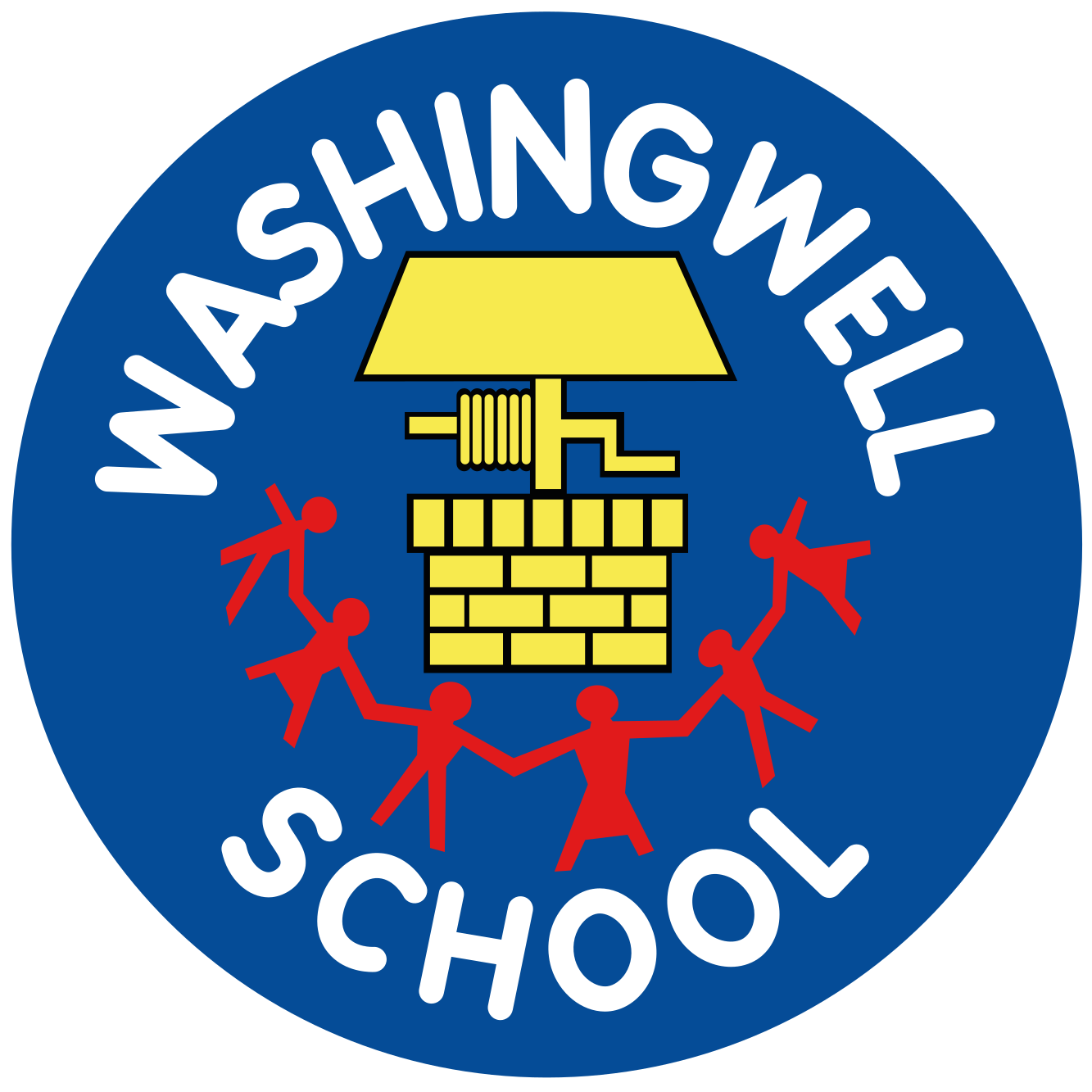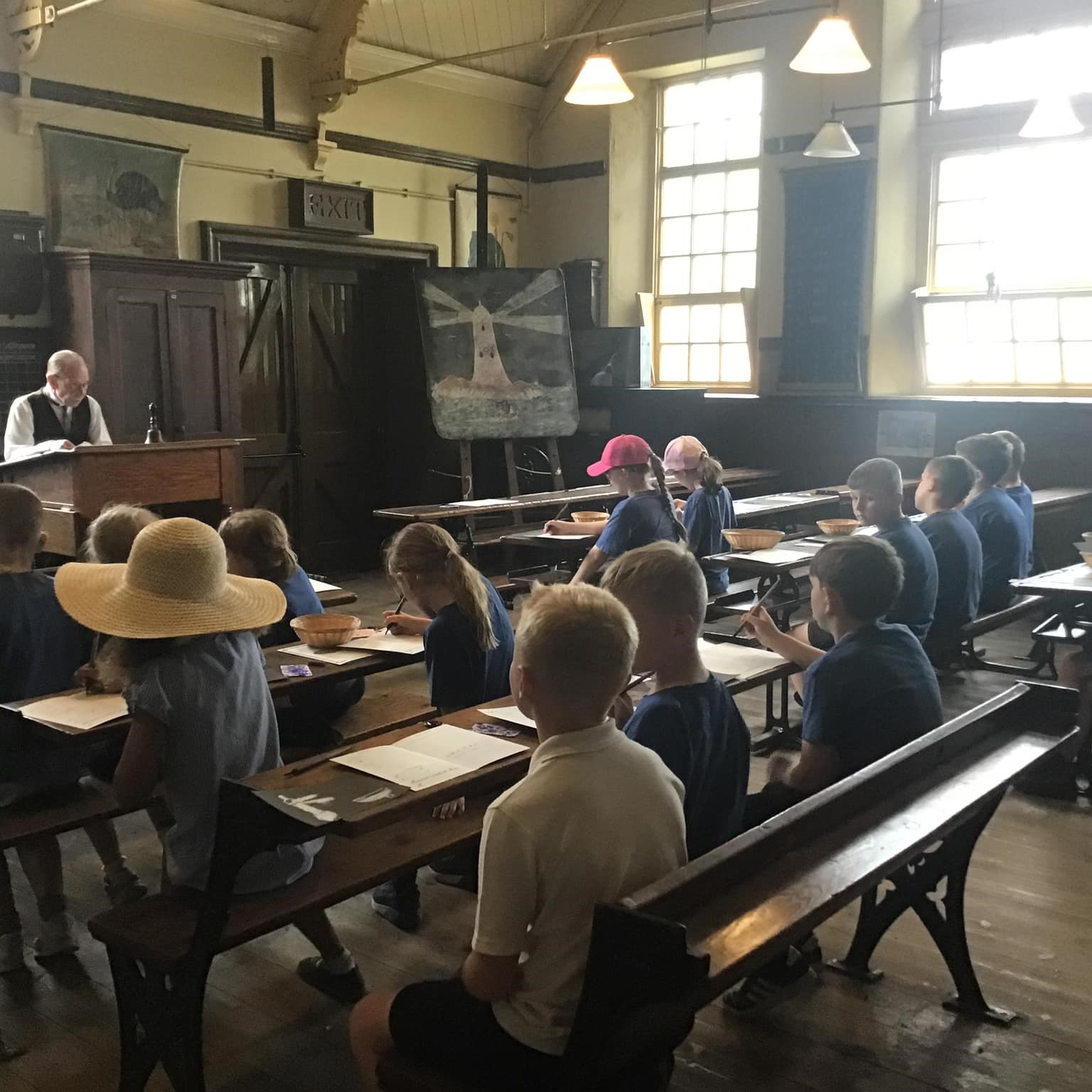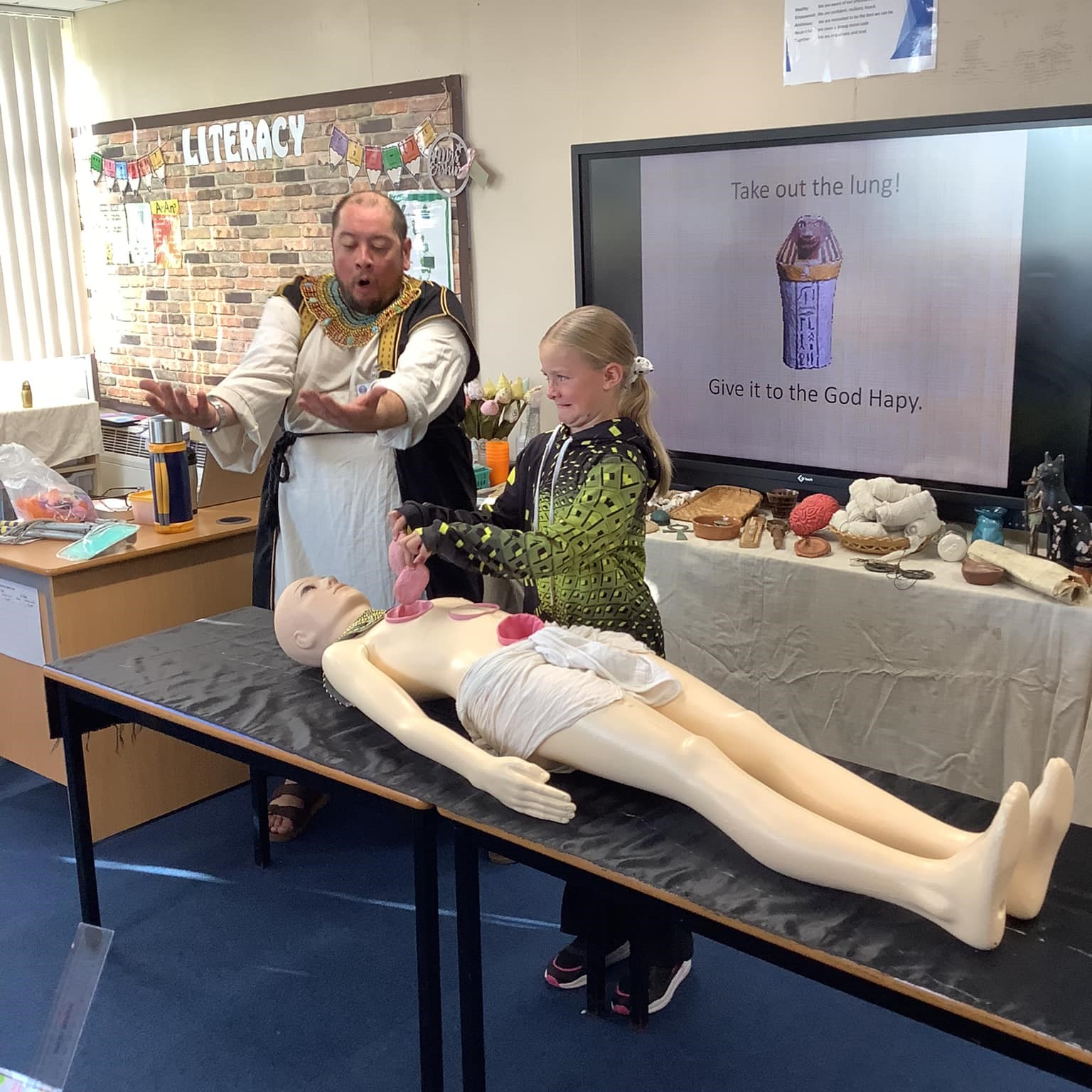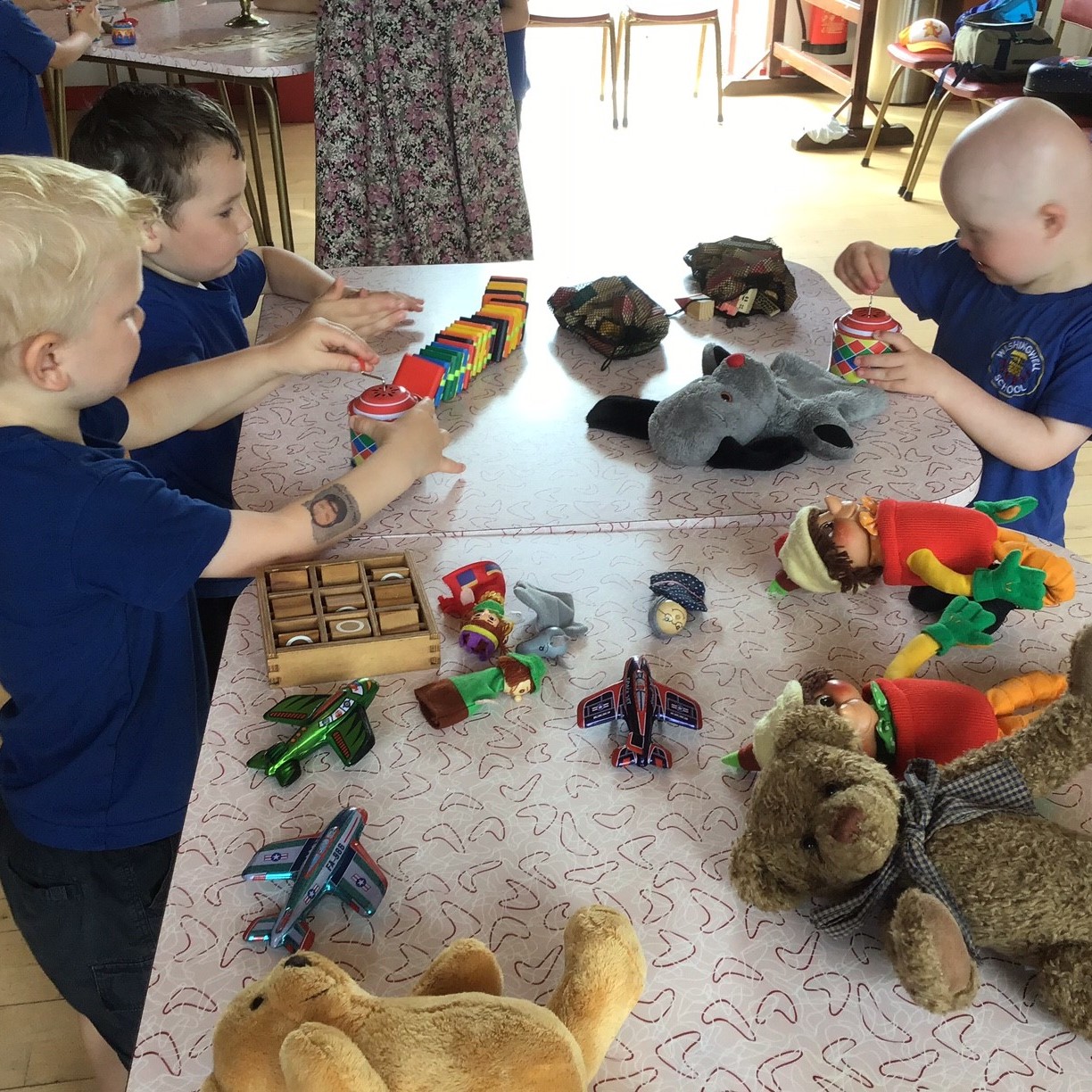History
Vision Statement:
At Washingwell we want all children to have an understanding of our past and how history will shape the future. Our History curriculum will inspire pupils’ curiosity to know more about the past. It will equip pupils to ask perceptive questions, think critically, weigh evidence, sift arguments, and develop perspective and judgement. It will help them gain an understanding of the complexities of people’s lives and the process of change, as well as understanding their own identity, their place in society and the challenges of their time. Our school bases the core work in history around the National Curriculum which aims to ensure that all pupils:
- know and understand the history of these islands as a coherent, chronological narrative, from the earliest times to the present day: how people’s lives have shaped this nation and how Britain has influenced and been influenced by the wider world
- know and understand significant aspects of history of the wider world: the natures of ancient civilisations; the expansion and dissolution of empires; characteristic features of past non-European societies; achievements and follies of mankind
- gain and deploy a historically grounded understanding of abstract terms such as ‘empire’, ‘civilisation’, ‘parliament’ and ‘peasantry’
- understand historical concepts such as continuity and change, cause and consequence, similarity, difference and significance, and use them to make connections, draw contrast, analyse trends, frame historically-valid questions and create their own constructed accounts, including written narratives and analyses
- understand the methods of historical enquiry, including how evidence is used rigorously to make historical claims, and discern how and why contrasting arguments and interpretations of the past have been constructed
- gain historical perspective by placing their growing knowledge into different contexts, understanding the connections between local, regional, national and international history; between cultural, economic, military, political, religious and social history; and between short and long term timescales
What does history offer children? How does it enhance the curriculum?
- It allows children to develop questioning skills in relation to What? Why? Where? Who? How?
- Ability to learn from the past and explore relationships over time.
- Allows children to understand cause, effect and consequence.
- Allows children to learn outside of the classroom through visits and visitors.
What use is it to children in later life?
- Allows them to use questioning skills in a range of contexts both in learning and real life.
- Encourages a sense of awe and wonder, stimulating children to continue their learning into adulthood
- Develops sense of fulfilment
- Skills learnt are essential for future career prospects



